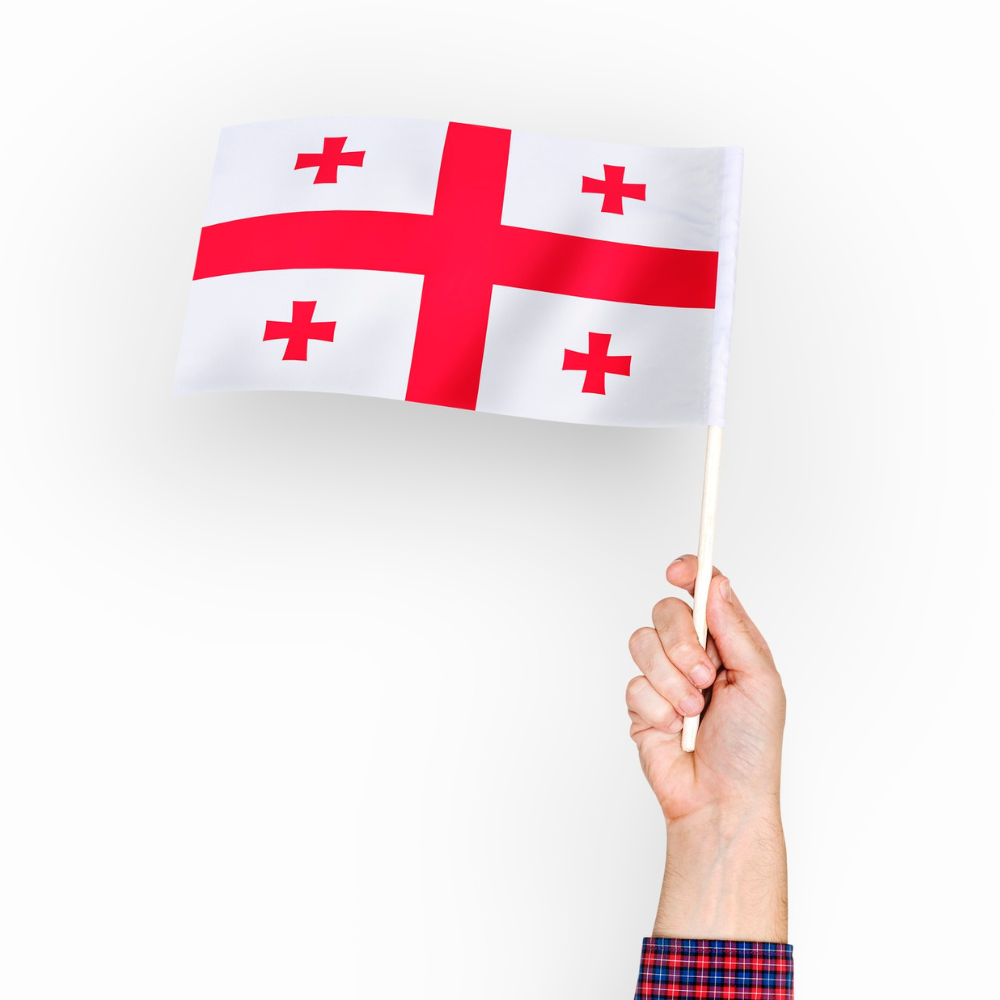Georgia’s outgoing president challenges legitimacy as successor takes office
Thousands of protesters gathered in Tbilisi, Georgia’s capital, as Mikheil Kavelashvili, a former professional footballer aligned with the ruling Georgian Dream party, was inaugurated as the country’s president. The inauguration comes during a politically tumultuous period, following the government’s controversial decision to suspend its application to join the European Union.
Kavelashvili’s swearing-in ceremony, held behind closed doors in parliament and attended by Prime Minister Irakli Kobakhidze, was marked by widespread opposition. Addressing parliament after taking the oath, Kavelashvili emphasized Georgia’s traditions, values, and national identity. He framed peace as a central aspiration for the Georgian people, citing the nation’s history of struggles to defend its homeland.
Outgoing president Salome Zourabichvili, who refused to officially step down, has strongly denounced Kavelashvili’s presidency as illegitimate. Speaking to crowds gathered outside the presidential palace, Zourabichvili stated that she would vacate the building but described it as symbolic only when occupied by a legitimate president. Her remarks resonated with protesters demanding political accountability and expressing frustration with the ruling party’s governance.
Georgia’s four main opposition groups have rejected Kavelashvili’s presidency and boycotted parliamentary proceedings. Zourabichvili, who was initially endorsed by Georgian Dream during her 2018 election, has since distanced herself from the party, accusing them of authoritarian practices and aligning with Russian interests.
The ruling Georgian Dream party, which won parliamentary elections in October, has faced ongoing allegations of electoral fraud. These accusations have fueled widespread protests, with demonstrators calling for greater transparency and adherence to pro-European Union aspirations. Public dissatisfaction has further intensified after Georgian Dream announced it would delay EU accession talks until 2028, despite overwhelming popular support for joining the bloc.
Protests erupted again ahead of Kavelashvili’s inauguration, as thousands of demonstrators waved Georgian and EU flags, forming a human chain spanning several kilometers. Riot police have frequently clashed with protesters, using tear gas and water cannons to disperse crowds. Protesters, in turn, have thrown fireworks and stones, underscoring the growing unrest.
Georgia operates as a parliamentary democracy, where the president serves as the head of state while the prime minister leads parliament. Critics have accused Georgian Dream of eroding democratic institutions, citing Russian-style laws targeting media, non-governmental organizations, and LGBTQ+ groups. The government’s refusal to align with Western sanctions on Russia following its invasion of Ukraine has further strained relations with Western allies, undermining its declared goals of joining the EU and NATO.
The ruling party’s founder and former prime minister, Bidzina Ivanishvili, was sanctioned by the United States this week, adding to the international pressure on Georgian Dream. Ivanishvili, a billionaire, has been accused of consolidating power and steering the country away from its pro-Western path.
Saturday’s demonstrations in Tbilisi reflected the public’s deep frustration with the government. One protester, speaking to the Associated Press, described efforts to resist Russian influence and protect Georgia’s sovereignty as a family mission. “We are trying to tear this small country out of the claws of the Russian empire,” they said.
As Georgia grapples with mounting political and social challenges, the path forward remains uncertain, with protesters vowing to continue their fight for democracy and closer ties to Europe.









